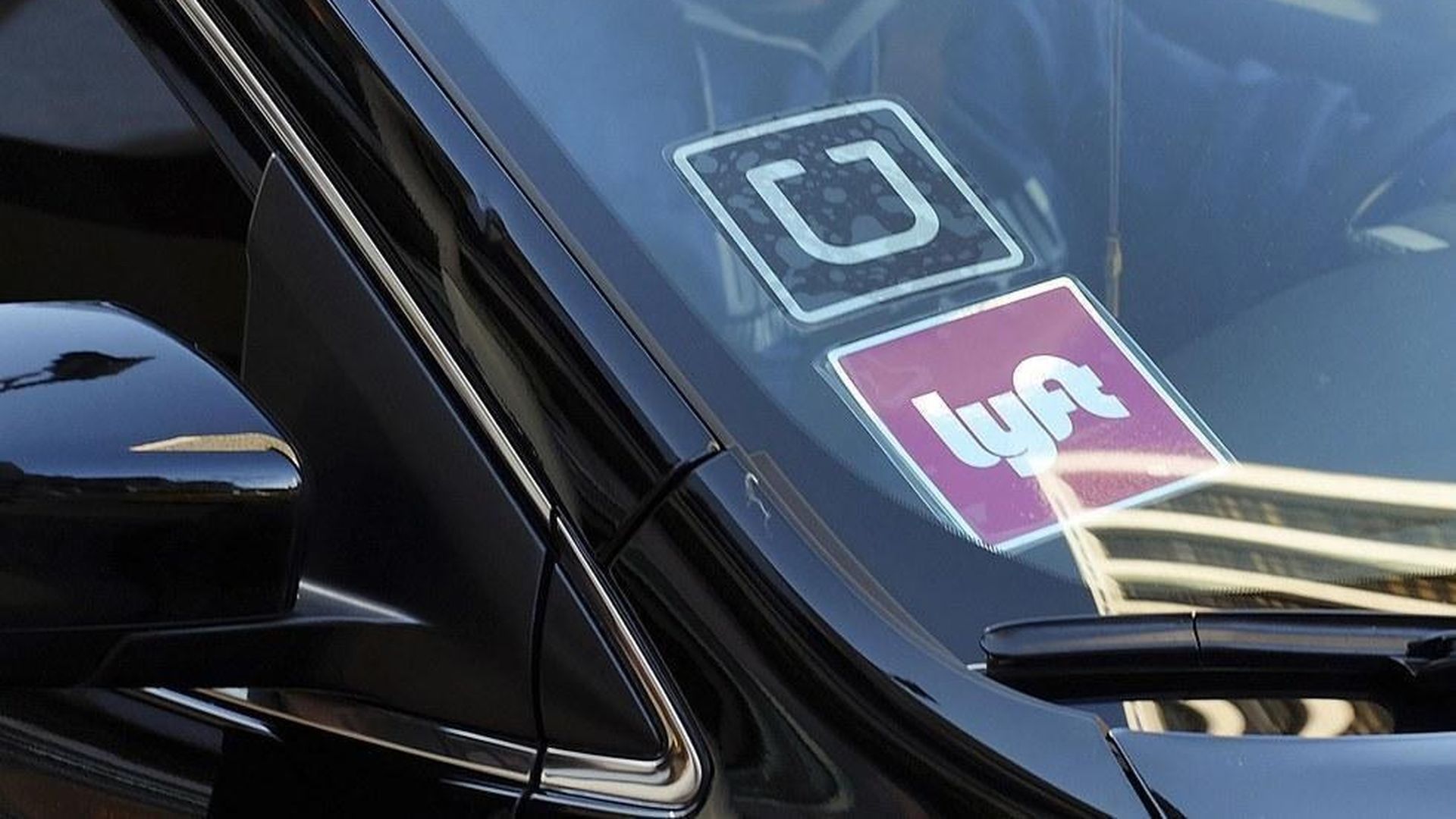Apr 12, 2017 - Technology
Uber reportedly used secret software to track Lyft
Add Axios as your preferred source to
see more of our stories on Google.

Richard Vogel / AP
Add Axios as your preferred source to
see more of our stories on Google.

Richard Vogel / AP